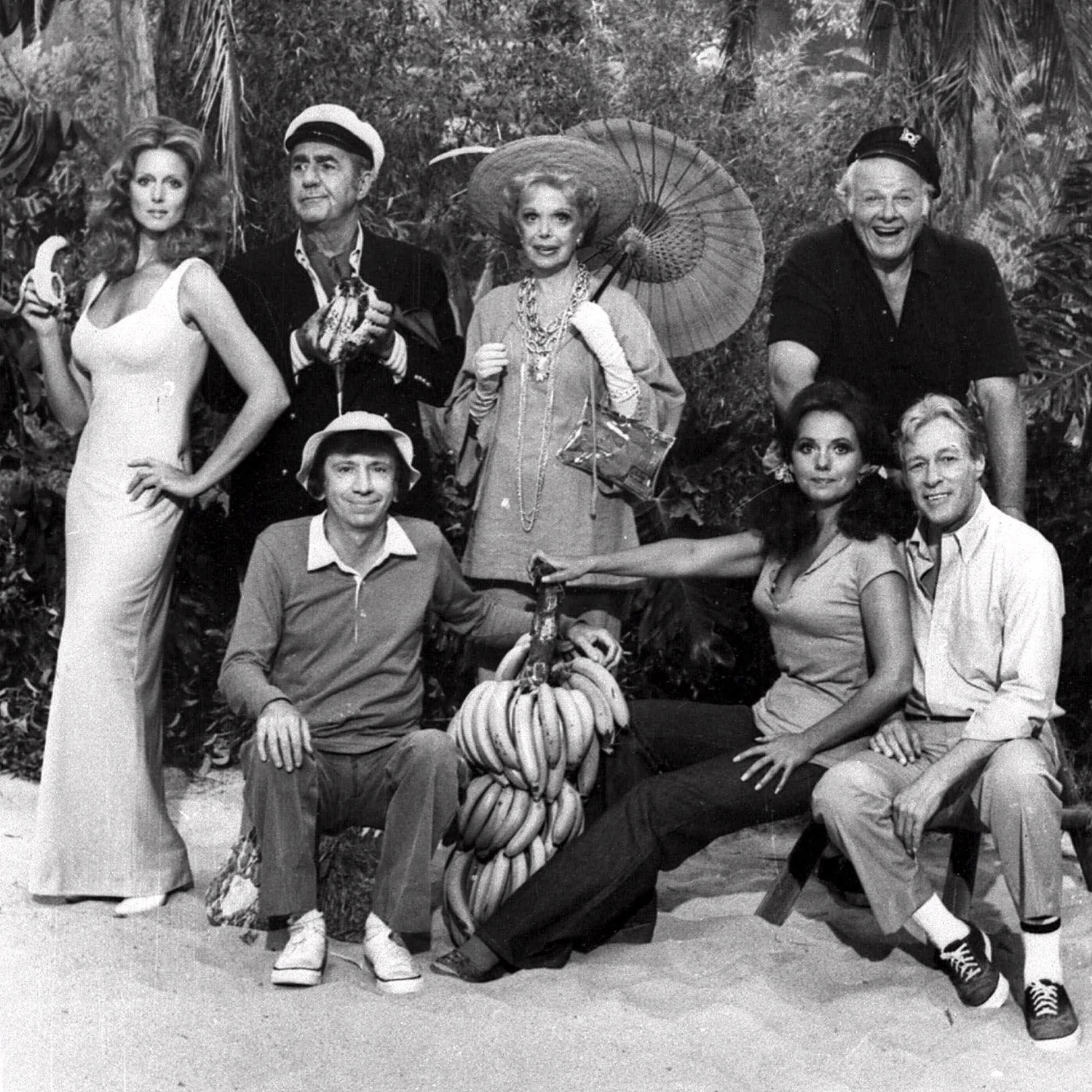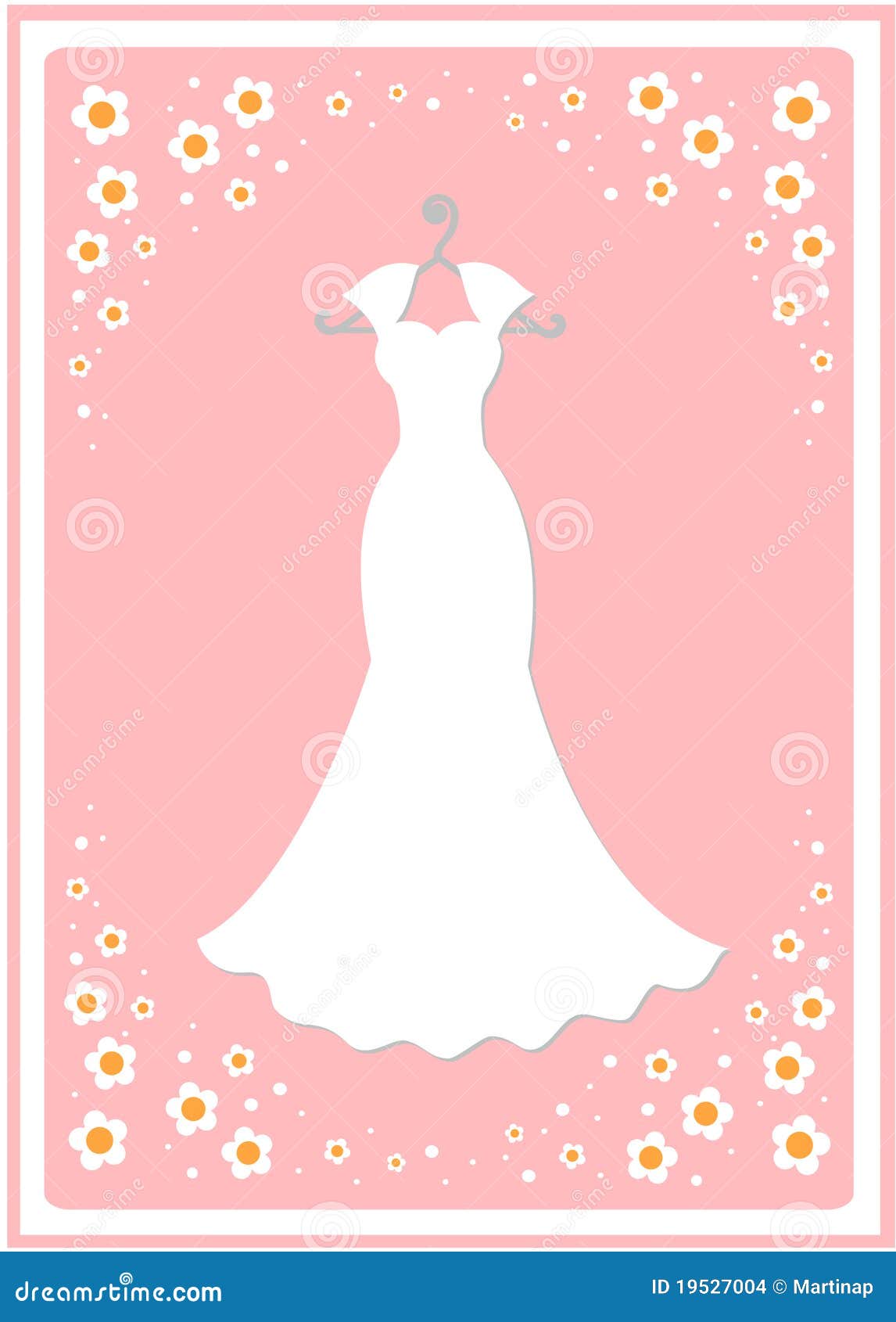7/31/14
No idea.
I do know that I
am, in this waiting room off of Broad Street, finding other Well Spouses—or well
parents—and benefitting from the shared experiences. Despite whatever initial
event –accident, surgery, stroke—brought them to this place, we all share a
hard-won knowledge: no one is coming to rescue us.
Most of us felt,
in the early days of our journey as well spouses or care-givers, that surely
this could not now be our lives! It had to be a cruel joke, this sudden thrust
of total responsibility for another’s care and feeding. Far different than
suddenly being sent home with a new baby to cuddle, the people we came home
from hospitals with were ill, sullen, demanding, and messy. There were no cute
smiles or gurgles, no playing “this little piggy” with feet often too painful
to wear shoes, no welcoming gifts in pink or blue paper.
It was not so bad,
at the beginning. We got some help from friends and neighbors, people at work
or at church. They would stop by now and again, bringing a hot meal or offering
to do a load of laundry. It is what I came to think of as the “novelty phase.” Just
as new grandmas are eager to help out the exhausted new mother, people came.
But a chronic
illness does not go away. The well-meaning, good people with casserole dishes
go back to their own lives. “Call if you need help,” they say in parting. And
we caregivers nod, knowing that we will never make the call. There will be no
rescue.
Cohen, in Dirty
Details, admits to having tantrums when she realized that rescue would
never come. My method of dealing with it all was different: I accepted every
burden, every messy task, every indignity as my due. Retribution, perhaps, for some
forgotten sin. I suffered for years in a strained silence, waiting for rescue,
praying for rescue, but never asking.
 I would pass
fellow teachers in the hallway and wonder why they did not see my Well Spouse
status and offer me—I don’t know—an out? An arm? A prayer? Something. Anything.
I would pass
fellow teachers in the hallway and wonder why they did not see my Well Spouse
status and offer me—I don’t know—an out? An arm? A prayer? Something. Anything.
But Well Spouses
have what Cohen calls an “invisible disability.” When we are with our Ill
Spouses, helping them negotiate walkers down hallways, someone will open a door
or offer to carry a bag. But without our Ill Spouses by our sides, no one can
see our disability. We are still disabled, still working too many hours to
support a family that used to have two incomes, still going home to cook dinner
and change the catheter bag, relieve the day nurse, run the vacuum cleaner,
make a meal our Ill Spouses can digest, run endless loads of smelly laundry,
then collapse into a boneless heap after our Ill Spouses are settled for the
night, knowing that a solid night’s uninterrupted sleep is a myth.
If only, as Cohen
states, the would-be rescuers would not wait to be called but would offer substantive
help, such as, “I’m coming over on Thursday night to watch the game with Ron,
so take the evening off”, or “I’m headed to the market on Monday. Give me your
list”, or “I made two roasts last night and I am dropping one off.”
Some of these
things have happened from time to time and I have been grateful. I do not mean
to complain. But my Ill Spouse’s problem is not an appendectomy that will be
healed. Ron is, like so many, chronically ill and has been for fourteen years.
We deal with the after-effects of the accident—TBI, CRPS, COPD, atonic bladder,
depression—on a daily basis. We have come to accept them as members of the family,
here to stay.
Because a woman or
man who works sixty hours a week at three jobs, who spends evenings doing housework and laundry and
caring for the Ill Spouse, who tries to squeeze in some church ministry, who
can only do any writing before the sun rises, is not going to pick up the phone
and call you. There is just no time.
So, like those castaways on
Gilligan’s Island, we know there will be no rescue. But we continue to look for
that search plane in the sky, the one that will finally and forever take us off
the Island of the Well Spouse.

















